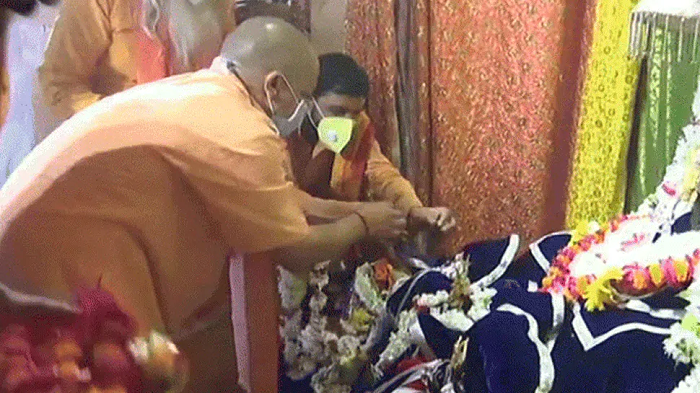Kochi, Mar 24: Long queues were witnessed in front of state beverages corporation outlets across Kerala on Tuesday despite the statewide lockdown to prevent the spread of the coronavirus.
As tipplers thronged the outlets unmindful of the curfew, officials asked them to ensure that they kept a one metre distance between them as part of preventive steps to check the COVID-19 transmission.
Official sources said precautionary measures have been taken at the beverages outlets to prevent the virus spread.
Only those wearing masks were allowed to stand in queues, the sources said.
Police were deployed to ensure that the people standing in queues keep a one metre distance between them, they added.
The opposition Congress slammed the CPI(M)-led LDF government for not taking steps to restrict crowds in front of the Kerala State Beverages Corporation (Bevco) outlets, apprehending that such a situation would pave way for spreading the virus.
Ernakulam district congress committee general secretary Sherin Varghese claimed if the government had implemented a 2017 Kerala high court order directing the beverages corporation to take remedial steps to end long queues in front of the outlets, such a situation would not have arisen.
"Had the beverages corporation complied with the court order, safety and security of persons standing in queues could have been ensured.
Now there is no protective measure to prevent the possible transmission of the coronavirus from a carrier to another person," he told PTI.
Meanwhile, the state government has directed that adequate distance be kept between people standing in queues.
Chief Minister Pinarayi Vijayan on Monday justified the decision to keep the liquor shops open citing the "peculiar" situation prevailing in the state.
Kerala is in a total lockdown since Monday midnight till March 31 to check the virus spread.






Comments
Add new comment